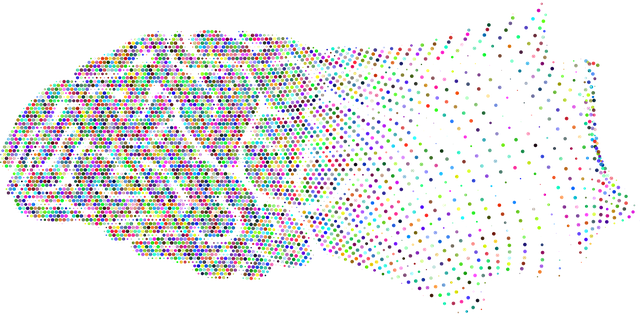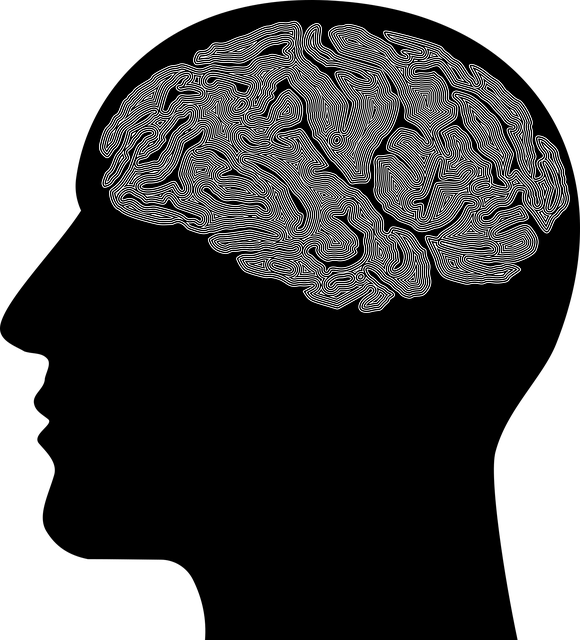Mental health policies in Greenwood Village significantly impact access to care and emotional well-being through controlling availability, affordability, and quality of mental healthcare services. Interventions have led to advancements in depression therapy through community-based care and early intervention strategies. Advocacy groups translate research into actionable policy recommendations, engaging policymakers and promoting inclusive services catering to diverse populations. A pioneering depression therapy initiative in Greenwood Village has transformed support by integrating services with local partnerships, reducing stigma, and improving community well-being, offering a promising strategy for mental illness stigma reduction across diverse communities.
Mental health policy analysis and advocacy are pivotal in ensuring equitable access to care. This article delves into three key areas: understanding mental health policy and its impact on access, exploring the transformative role of advocacy in legislation, and presenting a case study of the Greenwood Village Depression Therapy—a successful community-based initiative. By examining these aspects, we highlight strategies to enhance mental health support and learn from innovative models like Greenwood Village.
- Understanding Mental Health Policy and Its Impact on Access to Care
- The Role of Advocacy in Shaping Effective Mental Health Legislation
- Case Study: Greenwood Village Depression Therapy – A Model for Community-Based Initiatives
Understanding Mental Health Policy and Its Impact on Access to Care

Mental health policies play a pivotal role in shaping access to care and overall emotional well-being within communities. These policies influence the availability, affordability, and quality of mental healthcare services, directly impacting individuals’ ability to seek support for their psychological needs. For instance, in Greenwood Village, Depression Therapy has seen significant advancements due to policy interventions that prioritize community-based care and early intervention strategies.
The impact of these policies is far-reaching, affecting not just the accessibility of treatment but also the cultural sensitivity within mental healthcare practices. Effective policies promote inclusive services that cater to diverse populations, ensuring no one feels marginalized or excluded from support. Additionally, they encourage the organization of Stress Management Workshops, which are essential techniques for promoting emotional well-being and preventing more severe mental health issues.
The Role of Advocacy in Shaping Effective Mental Health Legislation

Advocacy plays a pivotal role in shaping effective mental health legislation, ensuring that policies reflect the evolving needs of individuals seeking Greenwood Village depression therapy and related mental wellness services. Mental Health Policy Analysis and Advocacy groups act as powerful catalysts for change, translating complex research into actionable policy recommendations. These advocates meticulously study existing laws, identify gaps and inconsistencies, and propose amendments to enhance access to care, improve service delivery, and promote community-based support systems.
Effective advocacy involves engaging with policymakers, legislators, and relevant stakeholders through various methods including lobbying, public awareness campaigns, and publishing evidence-based research in Mental Wellness Journaling Exercise Guidance. By utilizing Conflict Resolution Techniques, advocates can navigate complex policy debates, fostering collaborative environments where diverse perspectives are considered. This inclusive approach ultimately contributes to the development of robust mental health legislation that prioritizes prevention, early intervention, and holistic recovery support for all individuals, regardless of their socio-economic backgrounds.
Case Study: Greenwood Village Depression Therapy – A Model for Community-Based Initiatives

In the heart of a typical urban setting lies Greenwood Village, a community that has pioneered an innovative approach to mental health support through its Depression Therapy initiative. This case study exemplifies how a well-structured program can significantly improve access to care and reduce the stigma surrounding mental illness. By integrating therapeutic services into the fabric of the community, Greenwood Village offers a model that other areas could effectively emulate. The program focuses on early intervention and uses community outreach to ensure no one struggles alone, providing essential Anxiety Relief strategies tailored to diverse populations.
Greenwood Village’s Depression Therapy is not just about therapy sessions; it involves building partnerships with local organizations, schools, and faith groups to foster a culture of mental wellness. This collaborative approach has been instrumental in increasing awareness, reducing the social isolation often experienced by those dealing with mental illness, and encouraging open conversations about mental health. As a result, the initiative has seen substantial success in improving community members’ overall well-being, offering hope for more inclusive Mental Illness Stigma Reduction Efforts across different communities.
Mental health policy analysis and advocacy play a pivotal role in ensuring equitable access to quality care. By understanding the impact of policies on mental healthcare, we can empower advocates to shape legislation that benefits individuals in need. The case study of Greenwood Village Depression Therapy serves as an inspiring model for community-based initiatives, demonstrating the potential for innovative solutions to improve mental health outcomes. Through continued analysis, advocacy, and implementation of best practices, we can create a more supportive and accessible landscape for mental healthcare, fostering better lives for all.












